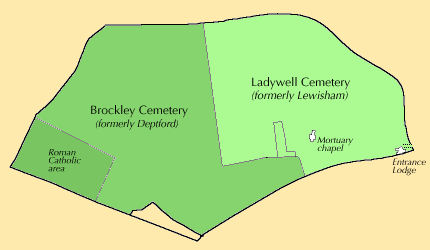Robert Wedderburn was born in Kingston, Jamaica in 1762, of an African mother named Rosanna who was enslaved and a Scottish born father James Wedderburn, a slave and plantation owner, the son of Sir John Wedderburn, who had been executed for treason following the Jacobite rebellion of 1745. After Rosanna had given birth to two of Wedderburn's children, and five months pregnant with his third child, James Wedderburn sold Rosanna back to her previous enslaver. James Wedderburn stipulated, however, that Rosanna's child when born should be legally free, and he officially registered both Robert and an elder brother James as free men. In later years, James Wedderburn returned to live in Britain, where his legitimate son and heir Andrew Colville vigorously defended his father when these details were made public in the British press, denying paternity.
Raised in such a harsh environment, Robert witnessed his mother being flogged due to her "violent and rebellious temper'. At the age of 16 he joined the Royal Navy, before arriving in London a year later and settling down in the ethnically diverse district of St Giles, where he found employment as a tailor. This proved to be unsteady and, unable to fully support his wife, he visited his father's family near Edinburgh, for financial assistance. The dismissive and inhumane response on arrival resulted in him being offered one draught of beer and a cracked sixpence! Thereafter he dabbled in petty theft and keeping a bawdy house and served several prison terms. Emboldened after a correspondence with the abolitionist William Wilberforce and soaking up many of the ideas emanating from some of the more radical and politically subversive movements of the day, in 1824, he published an outspoken anti-slavery autobiography entitled The Horrors of Slavery. Having opened his own chapel in Soho, he embarked on a period of religious self-doubt which led him to embrace aspects of the free thought movement, and he became an impassioned and fiery campaigner for freedom of speech, the redistribution of wealth, repeal of the laws of blasphemy and an advocate for violent republican revolution. This attracted the attentions of the then reactionary regency government, whose ubiquitous use of police spies and informers, meant all such expression of extra-legal action were deemed seditious and treasonable and were quickly repressed.
In 1820 , Robert was arrested after the foiling of the Cato Street Conspiracy, which was a conspiracy to attack the Cabinet at dinner, but although suspected of involvement was not tried. The main conspirators were hanged and decapitated. After a brief spell living in New York City , where one of the newspapers referred to him in true tabloid fashion as an 'ambulating dealer in drugs, deism, and demoralization in general', he returned to London , and died in 1835, and was buried in a non-conformist ceremony in Bethnal Green.
A satirical print by the famous graphic artist George Cruikshank in 1817 showing Robert Owen speaking at a London tavern, criticising religion and suggesting his plan for ‘reformation without revolution’. On his right the radical Robert Wedderburn challenges Owen’s vision of reform-Source : History Workshop.
For readers interested in this largely forgotten but charismatic revolutionary, Professor Gretchen Gerzina's 2016 podcast from the series Britain's Black Past is highly recommended:
One of the serendipitous delights of cemetery research is 'stumbling' upon a partially hidden headstone on which a resonant surname holds the author's attention. Certainly when I came across the grave of Frederick William Wedderburn d.1918 in Brockley cemetery recently, I had an inkling that a hidden historical familial link might emerge. But it was only when I accessed Ancestry UK online that I discovered that Frederick William was one of Robert Wedderburn's descendants! Indeed his great-grandson.
Frederick William Wedderburn who died age 59 years had worked as a scale maker, as had his father , Jabez Wedderburn, and passed away at Park Lodge Nursing Home, New Cross road in November 1918. His wife Ann died in 1943 and is also interred here, as is one of their daughters, Florence who died in 1908.
.jpg) | |
|


.jpg)